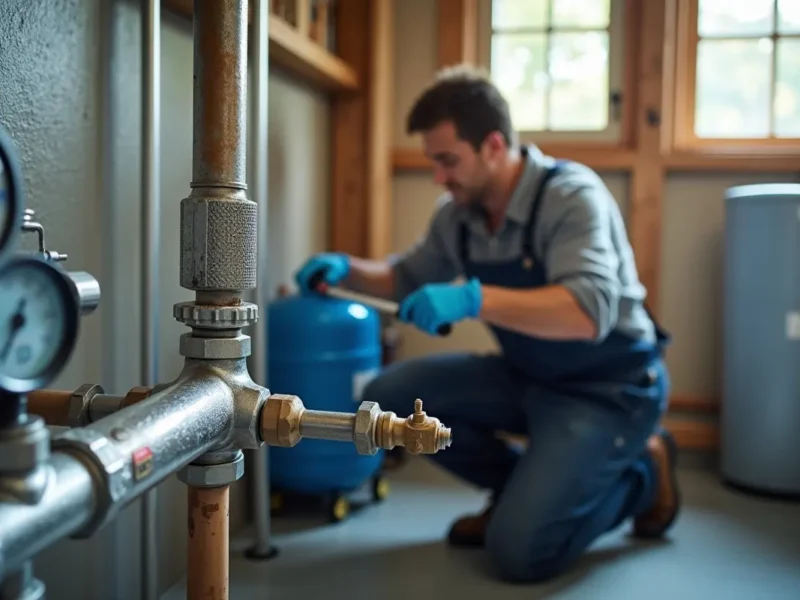A thriving garden is a harmonious blend of lush plants and vibrant blooms. However, pesky pests and stubborn weeds can disrupt this harmony and hinder your gardening efforts. To maintain garden harmony and ensure the health and productivity of your plants, effective pest, and weed control is essential.
In this article, we will explore various solutions and techniques to combat pests and weeds in an eco-friendly and sustainable manner.
Contents
- 1 Understanding Common Garden Pests
- 2 Integrated Pest Management (IPM)
- 3 Organic Pest Control Methods
- 4 Weed Identification and Management
- 5 Organic Weed Control Methods
- 6 Creating a Pest- and Weed-Free Garden
- 7 Beneficial Insects and Natural Predators
- 8 Soil Health and Nutrient Balance
- 9 Long-Term Prevention
- 10 Conclusion
Understanding Common Garden Pests
To effectively control pests, it is crucial to identify them and understand their lifecycle and behavior. Common garden pests such as aphids, slugs, snails, and caterpillars can cause significant damage to plants. Learning about their habits and preferred hosts will help you devise appropriate control measures.
Integrated Pest Management (IPM)
Integrated Pest Management (IPM) is a holistic approach that combines different strategies to manage pests effectively while minimizing the use of chemicals. This approach involves implementing preventive measures, utilizing biological controls, and resorting to chemical treatments only as a last resort. By adopting IPM practices, you can maintain a balance between pest control and the preservation of beneficial insects and the ecosystem.
Organic Pest Control Methods
Organic pest control methods offer safe and environmentally friendly alternatives to synthetic chemicals. Techniques such as companion planting, which involves growing pest-repellent plants alongside susceptible crops, can deter pests naturally. Additionally, introducing beneficial insects like ladybugs and lacewings, which feed on pests, can help control their populations.
Weed Identification and Management
Weeds compete with plants for nutrients, water, and sunlight, and can quickly take over a garden if left unchecked. Proper weed identification is essential to determine the most effective control method. Techniques like hand-pulling, mulching, and smothering can help manage weeds without resorting to herbicides.
Organic Weed Control Methods
Organic weed control focuses on prevention and suppression rather than eradication. Mulching with organic materials like straw or wood chips creates a barrier that inhibits weed growth and conserves moisture. Regularly cultivating the soil with hand tools or using a hoe can disrupt weed seedlings and prevent them from establishing.
Creating a Pest- and Weed-Free Garden
To create a garden less prone to pests and weeds, proper garden design and maintenance are crucial. Planting resistant varieties, promoting good airflow and drainage, and practicing crop rotation can help prevent pest and disease infestations. Maintaining healthy soil fertility through organic fertilizers and compost also strengthens plants’ natural defenses.
Beneficial Insects and Natural Predators
Encouraging beneficial insects and natural predators in the garden can aid in pest control. Planting flowers that attract pollinators and beneficial insects, such as ladybugs and bees, creates a diverse ecosystem that naturally keeps pest populations in check. Providing habitat, such as insect hotels or birdhouses, can attract beneficial wildlife that feeds on pests.
Soil Health and Nutrient Balance
A healthy garden starts with healthy soil. Ensuring proper soil health and nutrient balance strengthens plants’ immune systems, making them more resistant to pests and diseases. Conducting regular soil tests and amending the soil with organic matter, like compost, helps maintain optimal fertility and supports plant health.
Long-Term Prevention
Prevention is key to long-term pest and weed control. Regular monitoring of plants for early signs of pest or disease infestations allows for swift action. Implementing good garden hygiene, such as removing debris and fallen leaves, helps eliminate hiding places for pests and reduces disease spread. Practicing crop rotation and diversifying plantings can also disrupt pest life cycles and prevent the buildup of specific pests or diseases.
Conclusion
Maintaining garden harmony through effective pest and weed control requires a proactive and holistic approach. By understanding common pests and weeds, implementing integrated pest management strategies, utilizing organic pest and weed control methods, and promoting beneficial insects and soil health, you can create a garden that thrives without compromising the environment. Embrace these effective solutions and enjoy a harmonious and bountiful garden for years to come.



